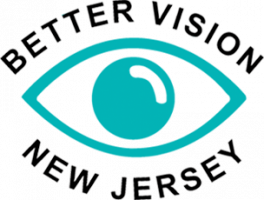What Causes Dry Eye
While Meibomian Gland Dysfunction is typically the root cause of dry eyes, various different factors can lead to its development. Tears are essential to keep your eyes healthy and comfortable. When tear production decreases for any reason, you have an increased risk of developing dry eyes.
The balance of tears and drainage in the eye can be interrupted by a variety of different factors. Many of these include:
- Age: It is common for people over the age of 65 to experience symptoms of dry eyes. The tear film peaks at age 20 and then starts to deteriorate.
- Gender: Due to hormonal changes involved with pregnancy, oral contraceptives, and menopause, women are more likely to suffer from dry eyes.
- Medications: Antihistamines, decongestants, blood pressure medications, and antidepressants can all inhibit tear production in the eyes and cause dry eye.
- Medical Conditions: Rheumatoid arthritis, lupus (systemic lupus erythematosis), thyroid disease, diabetes, Sjogren’s syndrome, scleroderma, other connective tissue disorders, and even some vitamin deficiencies are common associated diseases.
- Eye Inflammation: Inflammation of the eyelids and the surfaces of the eye can also increase the risk of dry eye, as well as the inward or outward turning of your eyelids.
- Environmental Conditions: Exposure to smoke, wind, and any dry climates can evaporate your tears, putting you at higher risk for dry eyes. Air conditioning in the summer and heating in the winter both reduce humidity, which can worsen dry eye symptoms.
- Technology: We are all constantly focusing on screens. Failing to blink often, especially when staring at a computer screen or watching TV, can also dry out your eyes.
- Treatment for other Eye Conditions: Oftentimes, treatment for other eye conditions can unfortunately lead to dry eye. The long-term use of contact lenses and receiving refractive eye surgeries like LASIK can potentially limit tear production.
- Eyelid Malfunction: Incomplete blinking or poor lid closure when sleeping are major causes of evaporative dry eye syndrome, independent of the presence or absence of meibomian gland dysfunction.
Do not hesitate to make an appointment with Better Vision New Jersey if you are struggling with symptoms of dry eyes. We will work tirelessly to ensure that we improve your vision and comfort with the best possible treatment option.
Ready to request an appointment?
Fill out the form and we will get back to you shortly!
What makes Better Vision New Jersey so exceptional? Read what our patients have to say.
CLICK ON OUR MAPS FOR DIRECTIONS TO OUR CRANFORD OFFICE


